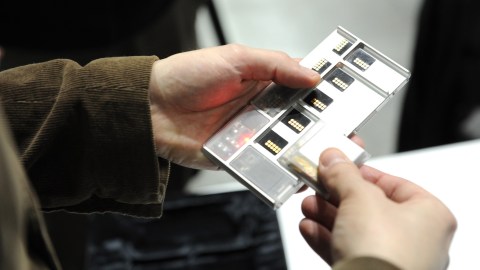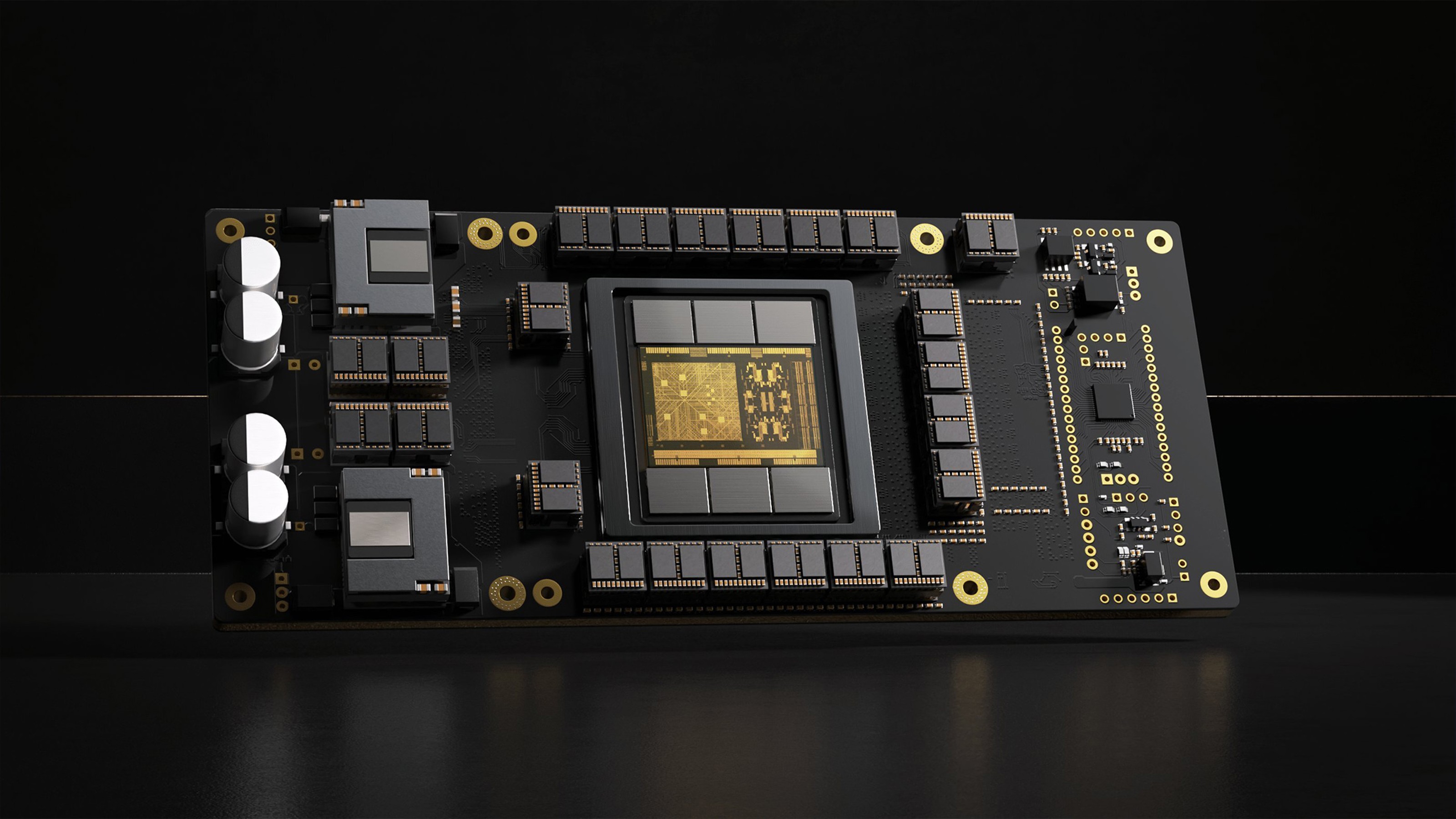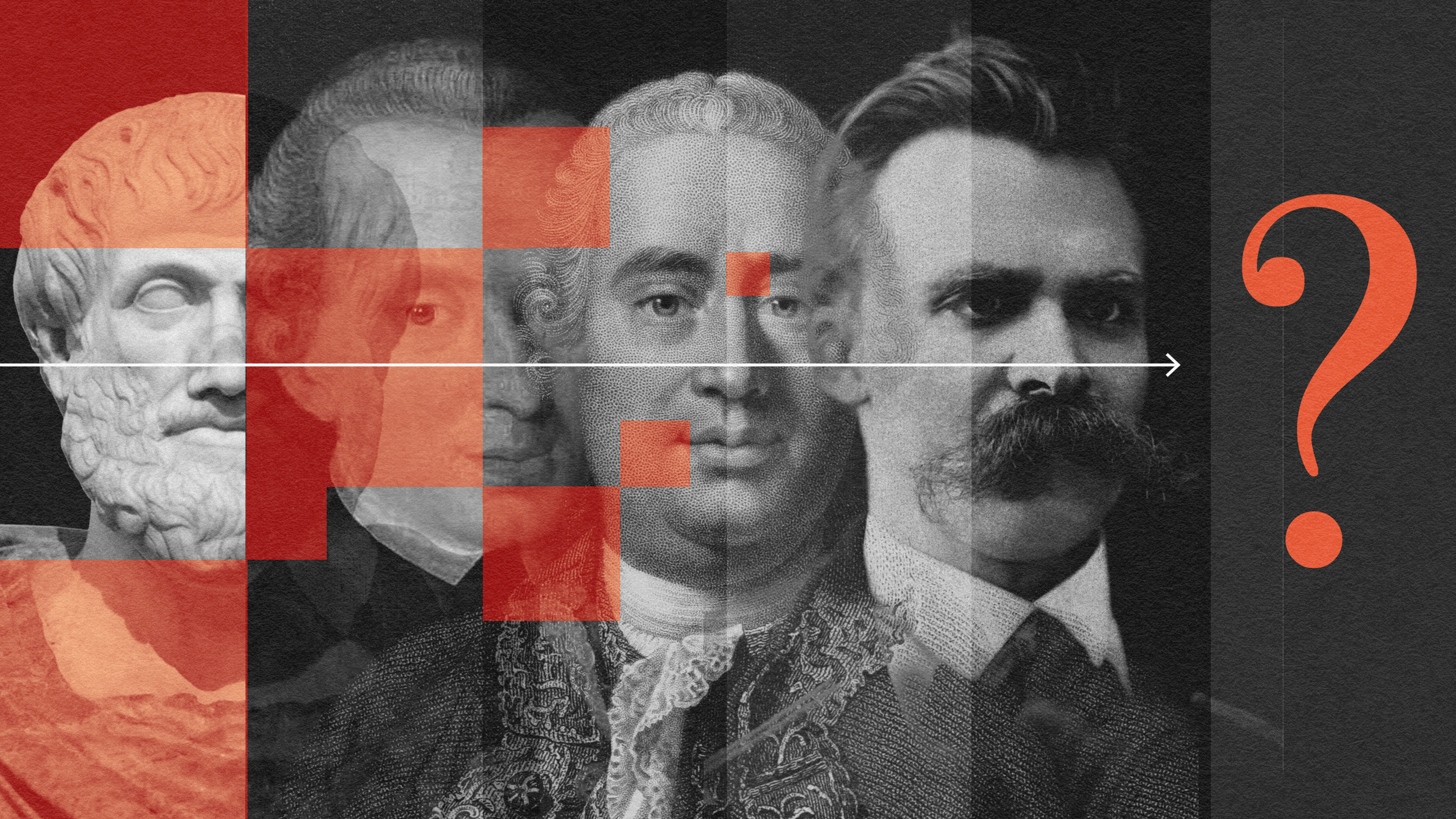The Man Who Inspired the Modular Phone Says Google Should Rethink the Ara

In 2013 Dave Hakkens released a video that went viral. The video contained a revolutionary idea for a modular smartphone; a device where you could easily swap out components. So, rather than updating the entire smartphone every two years, a user could update it as needed. It was a great idea, which could solve the growing e-waste problem.
The then Google-owned Motorola took up Hakkens’ challenge under the name “project Ara.” Early plans for the device were going to modularize everything; from the screen to the battery to the CPU—all of those things would be swappable components users could customize at their will. It seemed like Hakkens and many of us would finally be able to purchase the phone of our dreams. (Mine would have a big battery, basic speakers, better camera, and mid-range CPU.)
But Google recently revealed the Ara will not be a truly modular phone; some some key components are going to be baked in to the frame, including the screen, speakers, processor, and RAM.Dieter Bohn writes forThe Vergethat the reason for this change was “after ‘lots of research’ [the Ara team] found that most users ‘couldn’t care less about it’ and that ‘most people didn’t know what their processor was or did.’”
The Ara is planning to launch with six modules. “If you modularize everything, there’s very little space for stuff that is really different and innovative,”the Ara teamtold Bohn.
Hakkens is not a fan of Google’s version of his vision. He took to his blog criticizing the Ara on two points:
“…it isn’t truly open. Everything happens under the umbrella of Google. They are in charge, they make the rules.”
“…the Ara skeleton is a fully equipped phone… The 6 little blocky modules on the back of the phone are just add-ons like better camera’s, speakers, scanners etc. Things to customise your phone, for fun.
It means your phone still gets obsolete after a while.”
Hakkens isn’t all criticism, he applauds Google for putting in the most effort by far. He just thinks with all the resources available to them, “they could do better.”
His advice: “Don’t focus on making the next phone that sells, but focus on making the future phone.”
***
Photo Credit: Bryan Bedder/Getty Images for Engadget Expand
Natalie has been writing professionally for about 6 years. After graduating from Ithaca College with a degree in Feature Writing, she snagged a job at PCMag.com where she had the opportunity to review all the latest consumer gadgets. Since then she has become a writer for hire, freelancing for various websites. In her spare time, you may find her riding her motorcycle, reading YA novels, hiking, or playing video games. Follow her on Twitter: @nat_schumaker





